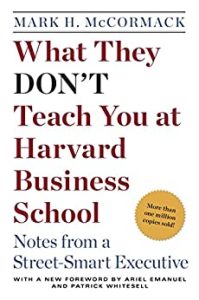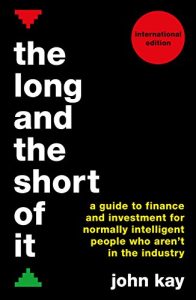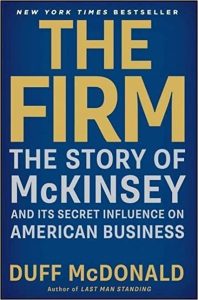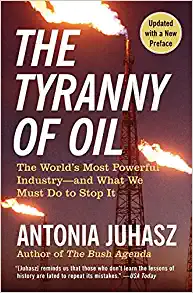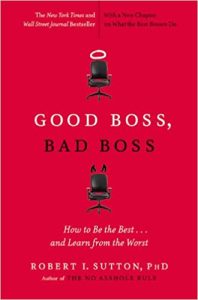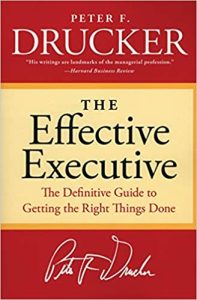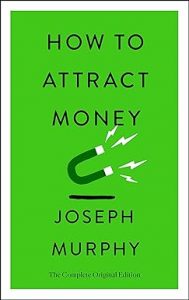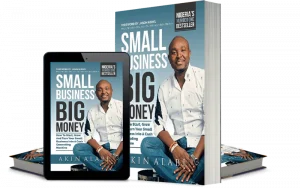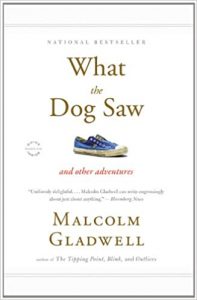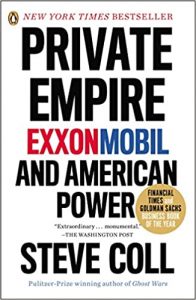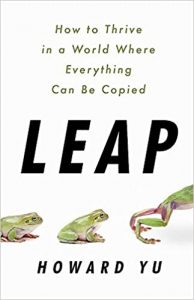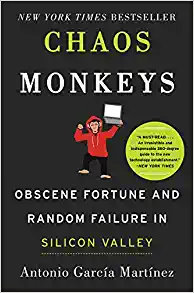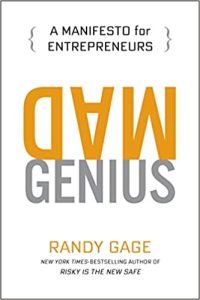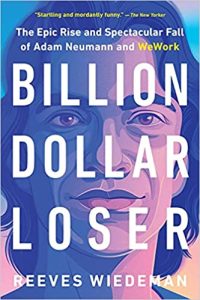What They Don’t Teach You At Harvard Business School
₦5,500.00Mark H. McCormack, one of the most successful entrepreneurs in American business, is widely credited as the founder of the modern-day sports marketing industry. On a handshake with Arnold Palmer and less than a thousand dollars, he started International Management Group and, over a four-decade period, built the company into a multimillion-dollar enterprise with offices in more than forty countries.
To this day, McCormack’s business classic remains a must-read for executives and managers at every level. Relating his proven method of “applied people sense”in key chapters on sales, negotiation, reading others and yourself, and executive time management, McCormack presents powerful real-world guidance on
• the secret life of a deal
• management philosophies that don’t work (and one that does)
• the key to running a meeting—and how to attend one
• the positive use of negative reinforcement
• proven ways to observe aggressively and take the edge
• and much more

